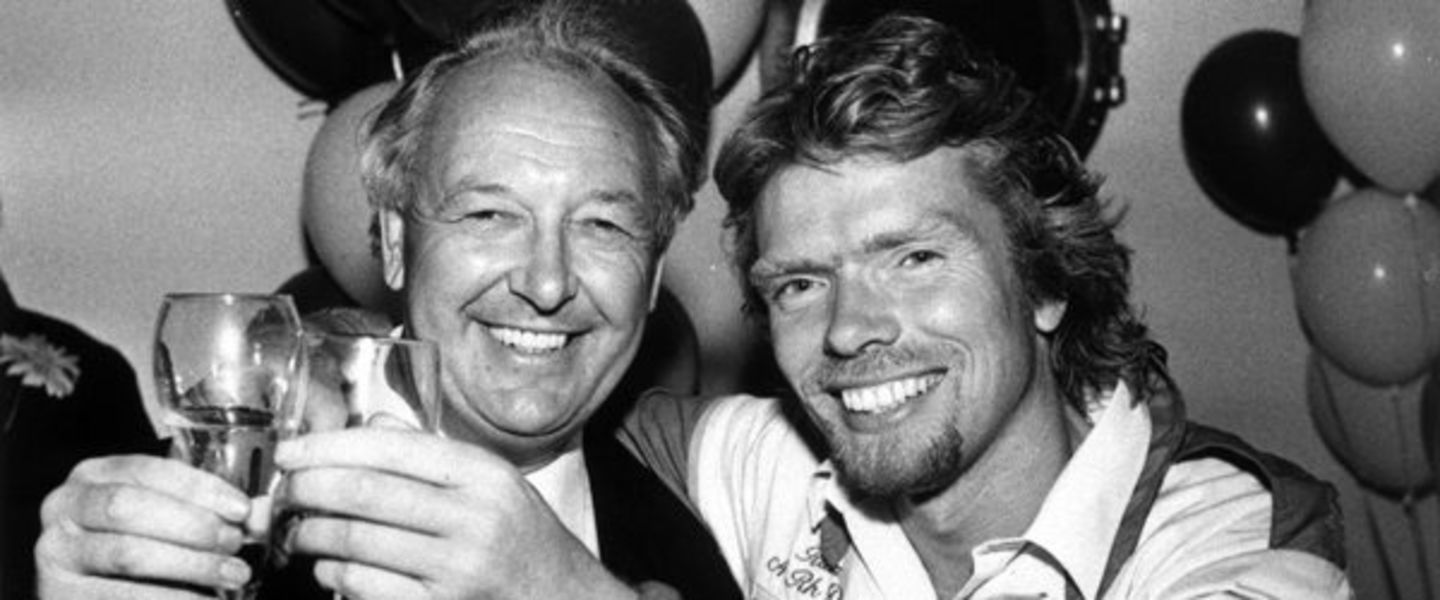The importance of having a mentor in business
What do Larry Page, Steve Jobs and yours truly have in common? We’ve all received guidance from mentors. Yes – even the famously individually-minded Apple Founder got by with a little help, advice and support from time to time. No matter whom you are, where you’ve come from, or what you have achieved, a good mentor is an invaluable asset in business…
When talking about the importance of mentoring, the American author and businessman Zig Ziglar couldn’t have said it any better – ‘A lot of people have gone further than they thought they could because someone else thought they could.’ Ask any successful businessman and, if they are honest about it, they will almost certainly admit to having benefited from the advice of a mentor at some point along the way.
I have always been a huge believer in the inestimable value good mentoring can contribute to any nascent business. As a young man entering the mysterious and somewhat scary world of business for the first time, I was lucky enough to be taken under the wing of David Beevers, a friend of my parents. David was an accountant and out of sheer kindness (and I suspect some desperate pleading by my mum and dad) he used to spend one evening a week trying to guide me through the basics of bookkeeping – it was hugely helpful and he displayed amazing patience with my repeated requests of, ‘Erm, can you run that one by me just one more time, please.’ I talk elsewhere about how much the late Sir Freddie Laker’s mentoring did for me with Virgin Atlantic and how greatly his down-to-earth wisdom accrued to my entire approach to business.
The first step to finding a good mentor, is of course, coming to terms with the fact that you actually can benefit from having one. Understandably there’s a lot of ego, nervous energy and parental pride involved, especially with one- or two-person start-ups– factors that tend to manifest themselves in a cocoon-like state of mind where, ‘Only I/we get it and nobody else can possibly help make this thing work’. Trust me: they can and they will. Going it alone is an admirable but foolhardy and highly flawed approach to taking on the world.
Just look at the high-fliers who have sought out mentors. Steve Jobs’ variant of my Sir Freddie was former Intel manager Mike Markkula. His investment of $80,000 in equity and $170,000 as a loan earned Markkula a one-third share in Apple but it was his role as what Jobs called the ‘adult supervisor’ that was by far and away his greatest contribution to keeping the unruly Apple youngsters on track. At Google, Larry Page and Sergey Brin brought in a similar overseer in Eric Schmidt (formerly of Sun Microsystems and Novell) who was appointed CEO when they realised the company’s explosive growth was outstripping their ability to manage it. Schmidt’s greatest contribution was building the corporate infrastructure needed to maintain Google’s frenetic growth.
So please, take it from me: no matter how incredibly smart you think you are, or how brilliant, disruptive or plain off -the-wall your new concept might be, every start-up team needs at least one good mentor. Someone, somewhere, has already been through what you are convinced nobody else has ever confronted! Okay, so their version may have been analogue rather than digital, but trust me, many of the business fundamentals are exactly the same. Building a new business takes more than technological skills and creative genius – it needs people, and if you’re going to create a great culture as well as a great product, those people need tending to in a plethora of different ways.
Do you have a mentor?
This is an excerpt from my new book: The Virgin Way - available for order now.




